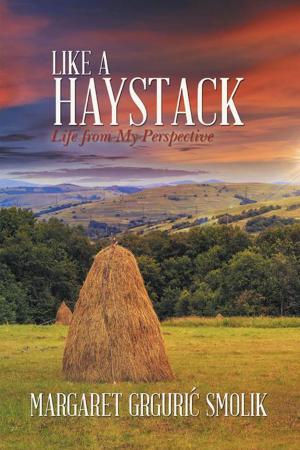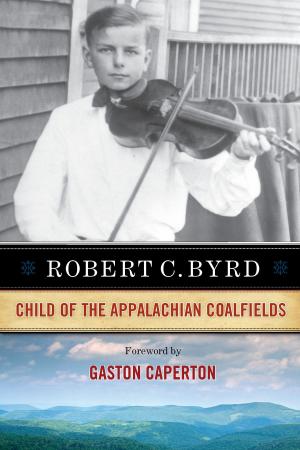From Fjord to Floathouse One Family’s Journey From the Farmlands of Norway to the Coast of British Columbia
Biography & Memoir| Author: | Myrtle Siebert | ISBN: | 9781476461717 |
| Publisher: | Myrtle Siebert | Publication: | September 1, 2012 |
| Imprint: | Smashwords Edition | Language: | English |
| Author: | Myrtle Siebert |
| ISBN: | 9781476461717 |
| Publisher: | Myrtle Siebert |
| Publication: | September 1, 2012 |
| Imprint: | Smashwords Edition |
| Language: | English |
from FJORD TO FLOATHOUSE is the saga of hardy pioneers who worked and lived along the remote mainland coast of British Columbia in the first half of the twentieth century.
Lured across the continent to BC by news of the Klondike gold rush, immigrant Andy Forberg settled and raised his family where the only transportation was by boat, communication was by mail, and supplies and groceries that could not be picked, fished or shot came by steamer every second week. Andy’s partners and sons were hand-loggers whose families lived in compact camp houses pulled on to log rafts tied to the rugged shoreline.
“This is not a story of logging,” explains Myrtle Siebert. “This is a story about people – the men, women and children of one family who lived this lonely lifestyle.” The book offers a rare window on a world that few readers will have been aware: tidal influences, routine chores, food preparation, sanitation, medical attention, education, relocation, losses, leisure activities and celebrations.
Siebert tells the story of Rae Forberg, Andy’s granddaughter, who must leave the logging community to continue her education. Years later, while sorting through the personal effects of her deceased parents, Rae develops a curiosity about her ancestors. Three years of family history research culminates in a heartwarming welcome at the farm in Norway her grandfather left one hundred years before. A second cousin translates the words of her elderly mother, “My mother always told us there were cousins in Canada and it seemed like she was waiting for them to come, and now you are here.”
from FJORD TO FLOATHOUSE is the saga of hardy pioneers who worked and lived along the remote mainland coast of British Columbia in the first half of the twentieth century.
Lured across the continent to BC by news of the Klondike gold rush, immigrant Andy Forberg settled and raised his family where the only transportation was by boat, communication was by mail, and supplies and groceries that could not be picked, fished or shot came by steamer every second week. Andy’s partners and sons were hand-loggers whose families lived in compact camp houses pulled on to log rafts tied to the rugged shoreline.
“This is not a story of logging,” explains Myrtle Siebert. “This is a story about people – the men, women and children of one family who lived this lonely lifestyle.” The book offers a rare window on a world that few readers will have been aware: tidal influences, routine chores, food preparation, sanitation, medical attention, education, relocation, losses, leisure activities and celebrations.
Siebert tells the story of Rae Forberg, Andy’s granddaughter, who must leave the logging community to continue her education. Years later, while sorting through the personal effects of her deceased parents, Rae develops a curiosity about her ancestors. Three years of family history research culminates in a heartwarming welcome at the farm in Norway her grandfather left one hundred years before. A second cousin translates the words of her elderly mother, “My mother always told us there were cousins in Canada and it seemed like she was waiting for them to come, and now you are here.”















